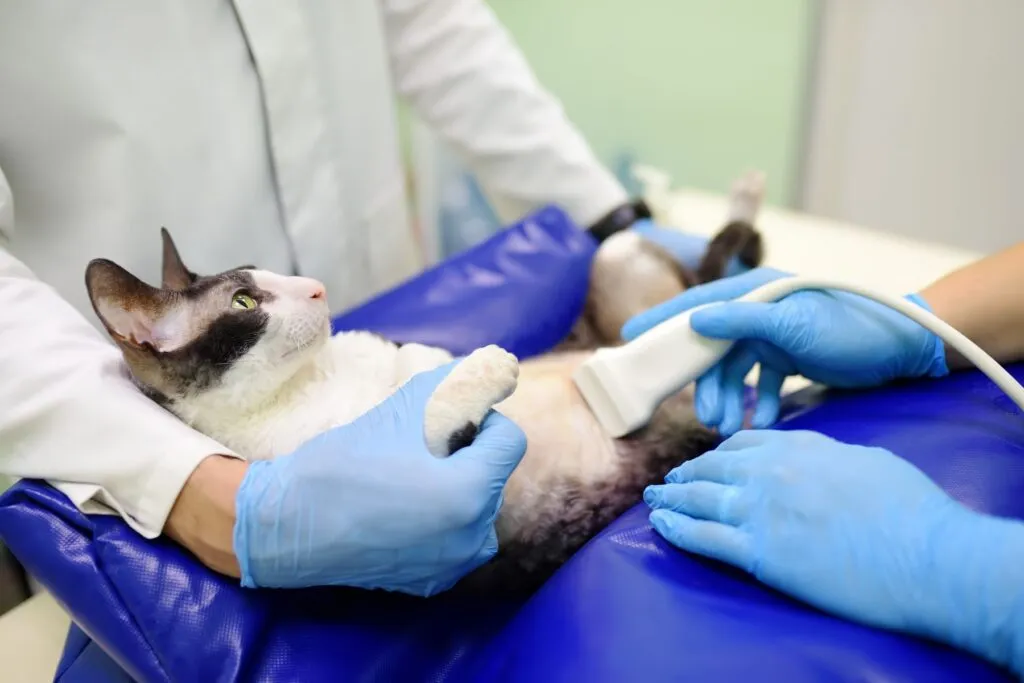The effective treatment for your cat’s Cushing’s syndrome depends on the underlying cause:
Adrenal Tumor
If your cat has an adrenal tumor, your vet may surgically remove the gland, assuming the tumor hasn’t spread. Post-removal, the other gland compensates for the missing one. However, if both glands are removed, a lifelong prescription of prednisolone and fludrocortisone is necessary.
If surgery isn’t an option, chemotherapy may be helpful, with drugs that suppress adrenal cortex cortisol production. Although only licensed for use in dogs, your vet can prescribe them for your cat.
Pituitary-dependent Cushing’s Syndrome
An experienced surgeon can remove a pituitary tumor. If this isn’t feasible, chemotherapy with trilostane helps. Regular vet visits are then needed to adjust medication dosage based on blood cortisol levels.
Complications with Fragile Skin Syndrome
If your cat already has skin issues with impairments to healing before surgery, a cortisone therapy ensures wounds heal properly post-operation.
Cost: How Expensive Are Diagnosis and Treatment?
Costs vary based on required tests, medication, and any complications. With extensive diagnostics and lifelong medication, Cushing’s syndrome can be quite costly, potentially amounting to several hundred pounds.

